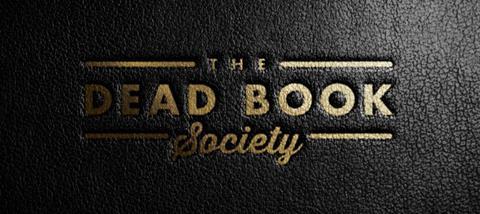
'If Jesus was really God, why did he become a human being?' You may not have heard the question phrased exactly that way, but you’ll have encountered it at some point. If you could kidnap someone, Bill and Ted-style, from history and bring them forward to answer the question, your best kidnapping target would be Athanasius of Alexandria (297ish - 373 AD). Athanasius is remembered for his defence of Jesus’s eternal existence against Arius, who argued there was a time when Jesus hadn’t existed. This argument was brought to a head at the Council of Nicea (325 AD) when the church unequivocally voted that yes, Jesus was the the always and forever son of God and those like Arius who taught otherwise were heretics (from the Nicene Creed that came out of the council: 'But those who say: "There was a time when he was not;"… they are condemned by the holy, catholic and apostolic Church.').
It was in the build up to this council, and with these arguments about Christ’s divinity rumbling on in the background, that Athanasius wrote his masterpiece, On The Incarnation. On The Incarnation makes one clear sustained argument: the eternal second person of the trinity - Christ, the son of God – took on a human body as the only right and fitting way to save sinners, overthrow death, and ensure the resurrection of the dead. In Athanasius’ own words:
'The Word of God came in his own Person, because it was he alone, the image of the Father, Who could recreate man made after his own image. In order to affect this recreation, however, he had first to do away with death and corruption. Therefore he assumed a human body, in order than in it death might once for all be destroyed, and that men might be renewed according to the image'.
You want to read On The Incarnation not just because Athanasius is smart or eloquent but because he's also filled with a deep passion. Christ's incarnation isn't some hypothetical matter to debate, because if Jesus wasn’t really God and man then the human race has no hope. It was a proper argument for the Church then, and remains an ongoing issue for every age since. So read the guy who wrote on it with such fire.
When you buy this book make sure you get the edition with the C.S. Lewis introduction. We can’t review C.S. Lewis in this feature because the rules of the feature state you must be deader than C.S. Lewis. This then, cunningly sneaks him in. The introduction is less an introduction to Athanasius and more ten pages of C.S. Lewis persuading you to read old dead theologians- something we can get behind. If we read only modern books he argues, then we end up hearing the same truths and errors we already believe and this won’t help us grow. The only solution is, 'to keep the clean breeze of the centuries blowing through our minds, and this can only be done by reading old books'. And who are we to argue with C.S. Lewis?






































